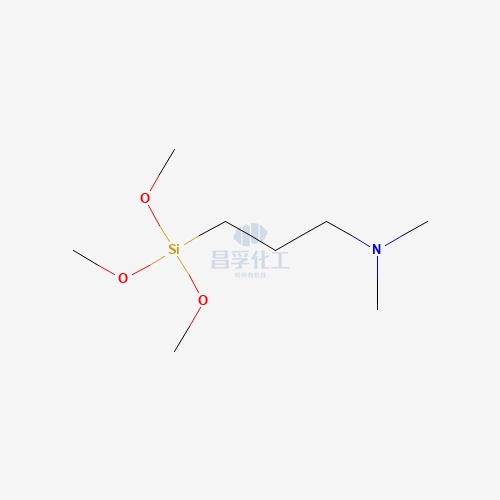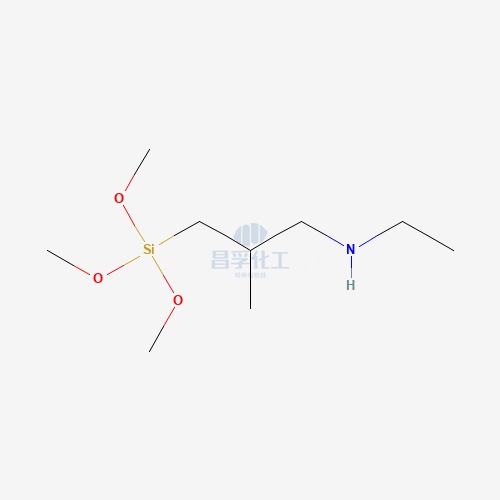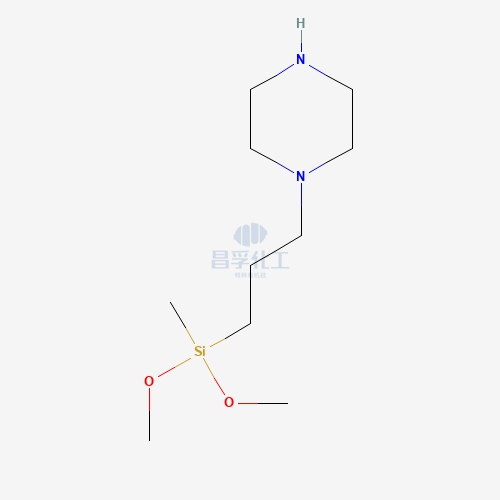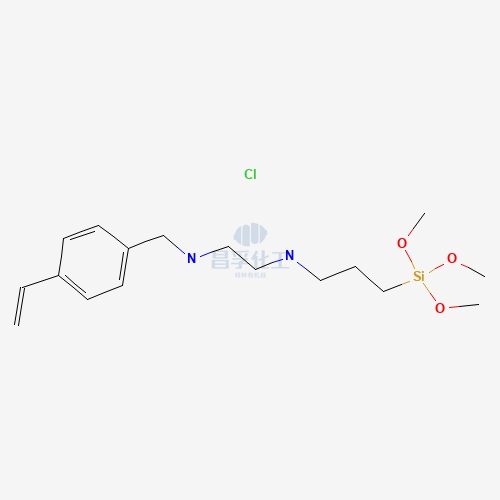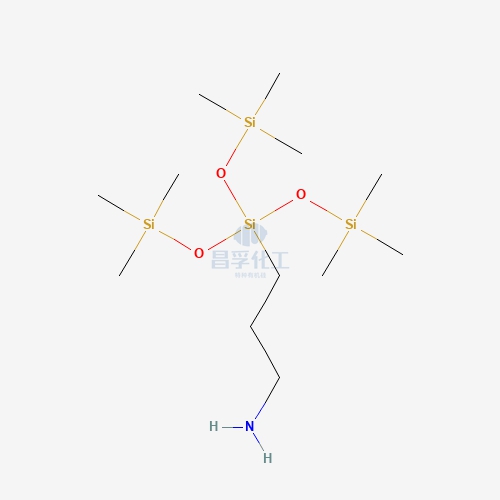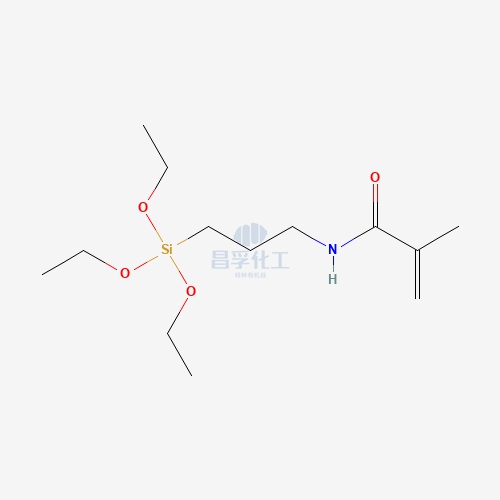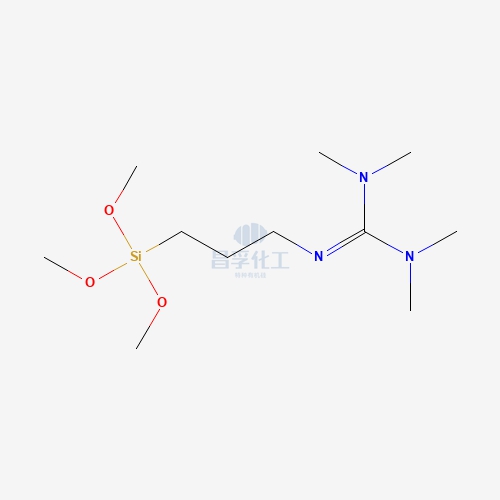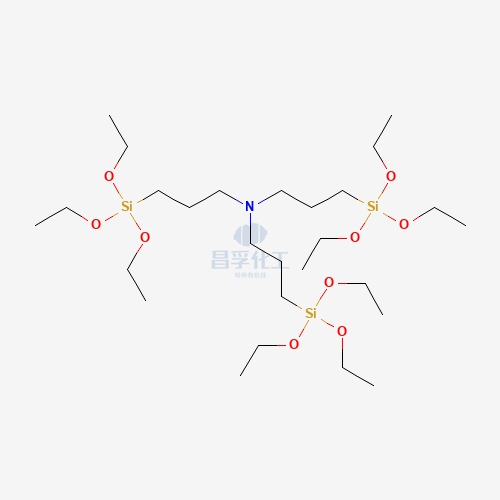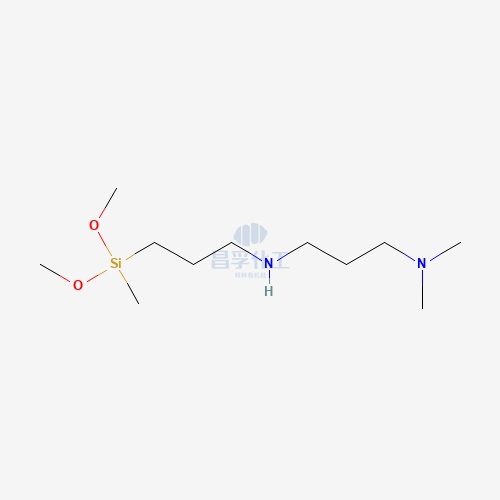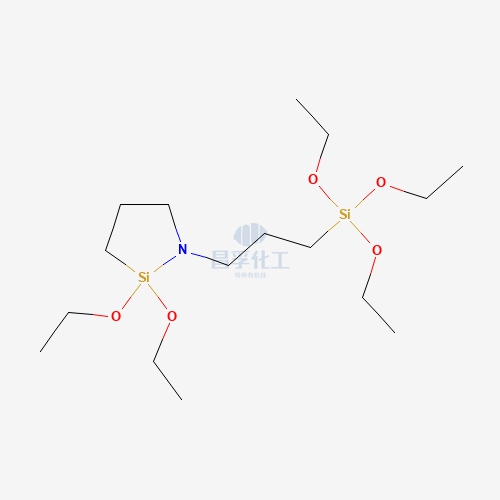
Contact Changfu Chemical Now!
+86 27 8439 6550 | +86 181 6277 0058
Silanes in Dentistry: Applications, Benefits, and Mechanisms
Silanes are pivotal in modern dentistry, serving as powerful coupling agents that enhance the bond between dental materials and tooth structures. Understanding their applications, benefits, and mechanisms can provide valuable insights for both dental professionals and patients.
Applications of Silanes in Dentistry
l Bonding Agents: Silanes are widely used in bonding agents for composite restorations. They improve adhesion between resin materials and various substrates, including enamel and dentin.
l Surface Treatment: In restorative dentistry, silanes are applied to glass-ceramics and porcelain surfaces. This treatment enhances wettability and creates a more favorable surface for bonding.
l Dental Implants: Silane coatings on dental implants increase the surface energy, promoting better integration with bone and soft tissue, ultimately enhancing the success rates of implant procedures.
l Repair of Restorations: When ceramic restorations fracture, silanes can be used to repair them, improving the bond between the existing restoration and the repair material.
l Preventive Treatments: Certain silane-based agents are included in preventive dental materials, such as sealants, to enhance their durability and resistance to wear.
Benefits of Using Silanes
l Enhanced Bond Strength: Silanes significantly increase the bond strength between dental materials and tooth structure, leading to longer-lasting restorations.
l Versatility: They can be used with various materials, including composites, ceramics, and metals, making them indispensable in diverse dental applications.
l Improved Aesthetics: By ensuring a strong bond, silanes contribute to the longevity and appearance of aesthetic restorations, maintaining patient satisfaction.
l Reduced Microleakage: Effective bonding minimizes the risk of microleakage, which can lead to secondary caries and restoration failure.
Mechanisms of Action
l Silanes work through a process called silanization, where the silane molecules form a chemical bond with the substrate and create a stable interface. This involves:
l Hydrolysis: The silane undergoes hydrolysis in the presence of moisture, leading to reactive silanol groups.
l Condensation: These silanol groups then react with the hydroxyl groups on the substrate surface, forming strong covalent bonds.
This process results in a durable and reliable bond that withstands the stresses of daily use.
Conclusion
Silanes play a crucial role in modern dentistry, enhancing the effectiveness and longevity of various treatments. Their applications range from bonding agents to surface treatments, making them versatile tools in restorative and preventive dentistry. Understanding their benefits and mechanisms can help both dental professionals and patients appreciate the advancements in dental materials and technologies.
Popular Silicon Compounds
Popular Silicon Compounds
Related News & Blog
Related News & Blog
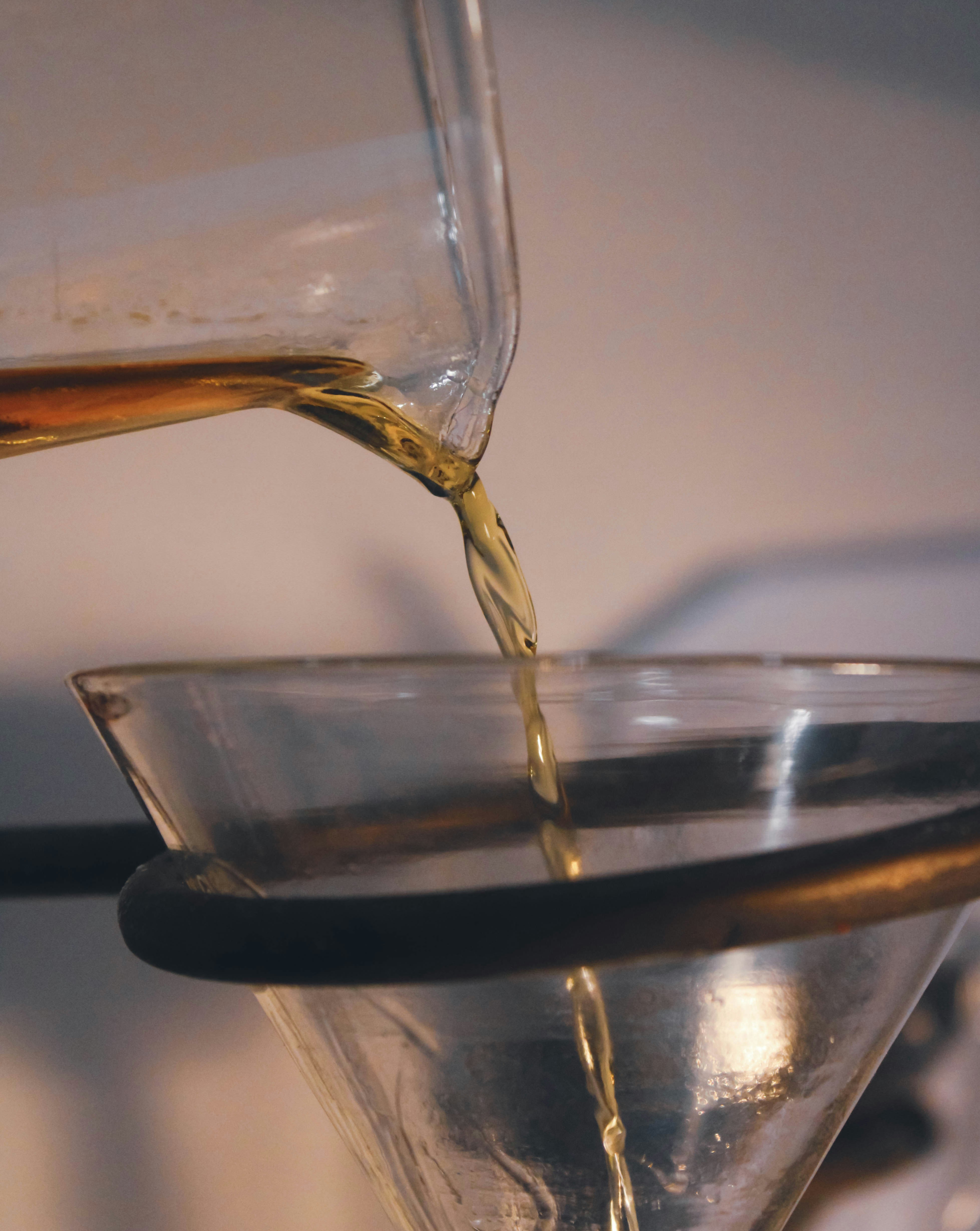

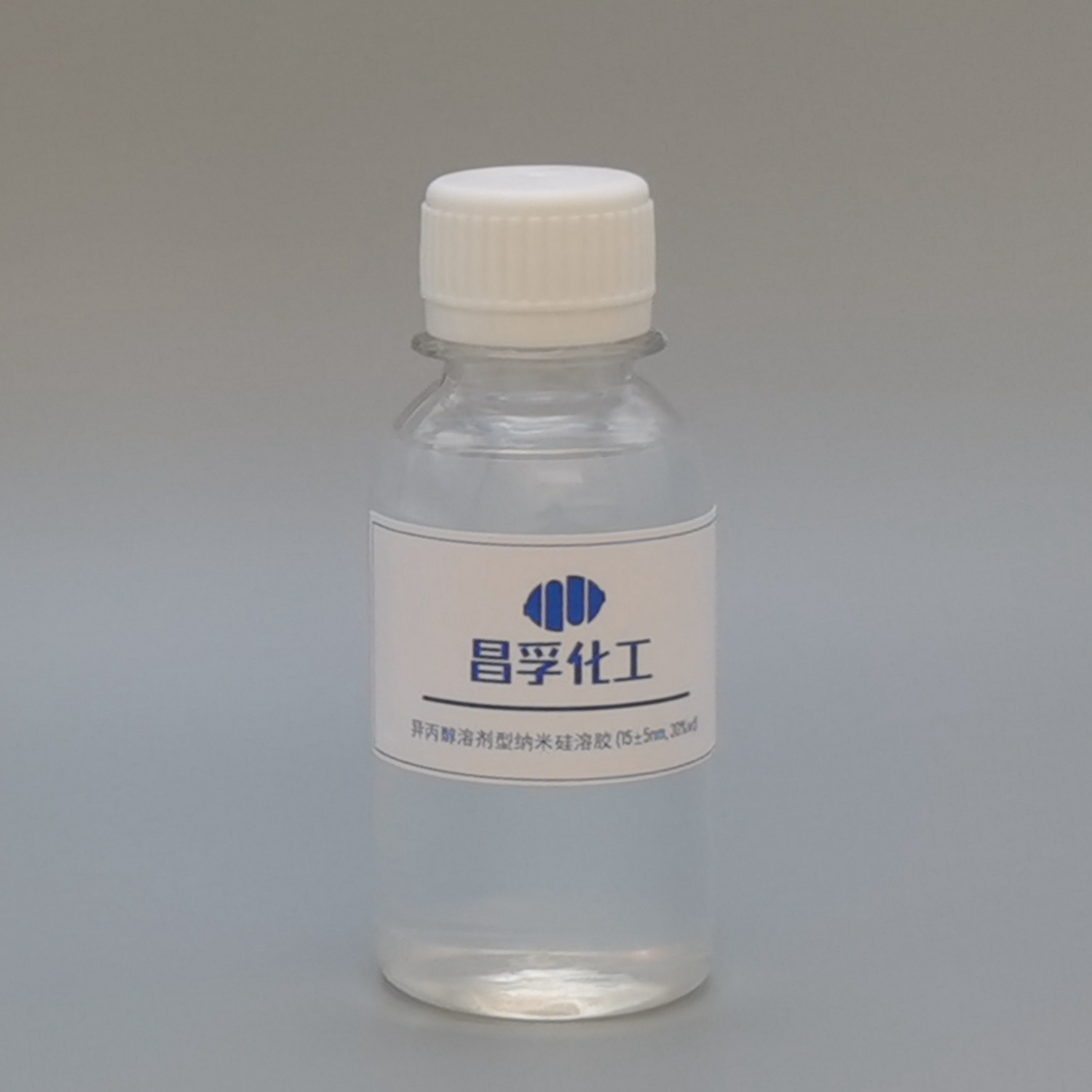
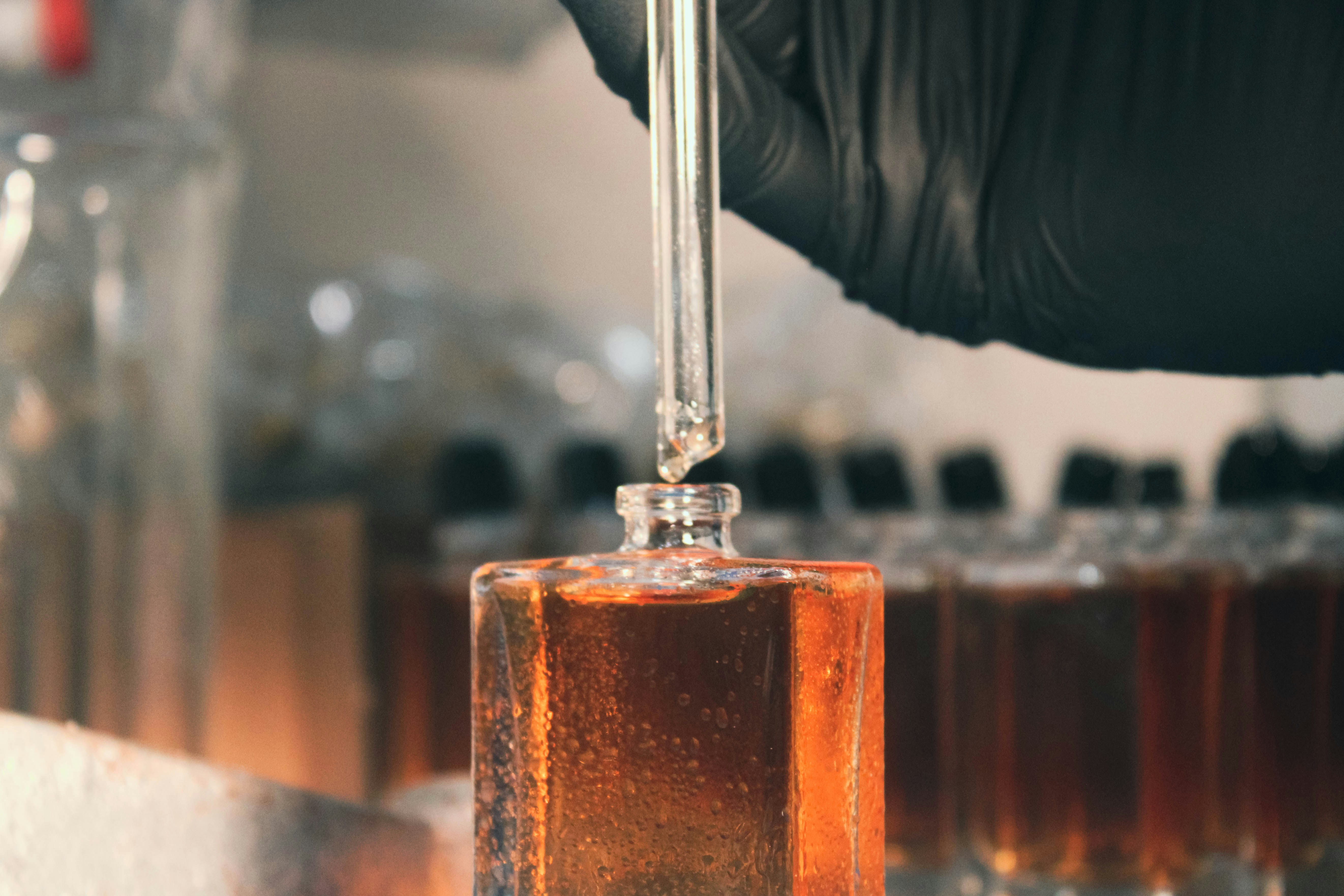
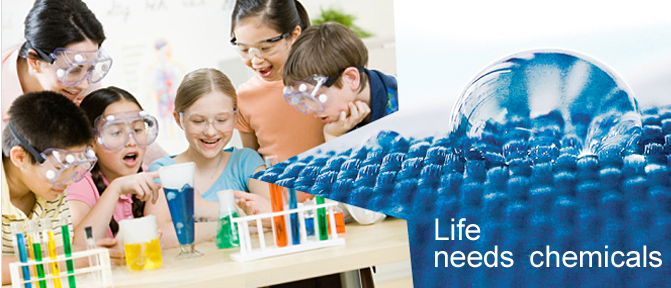
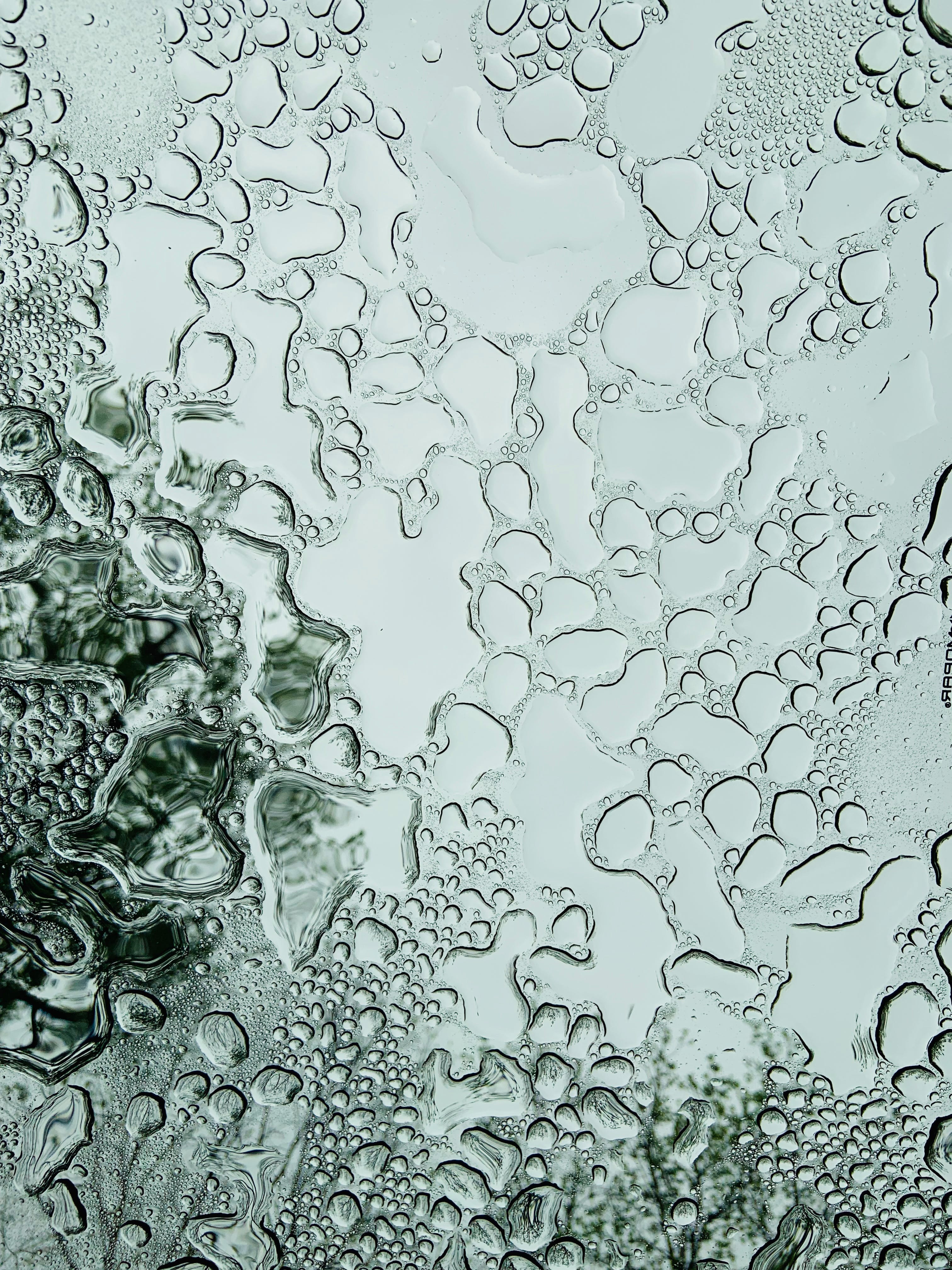

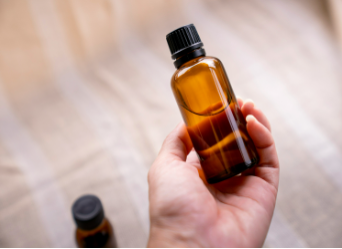



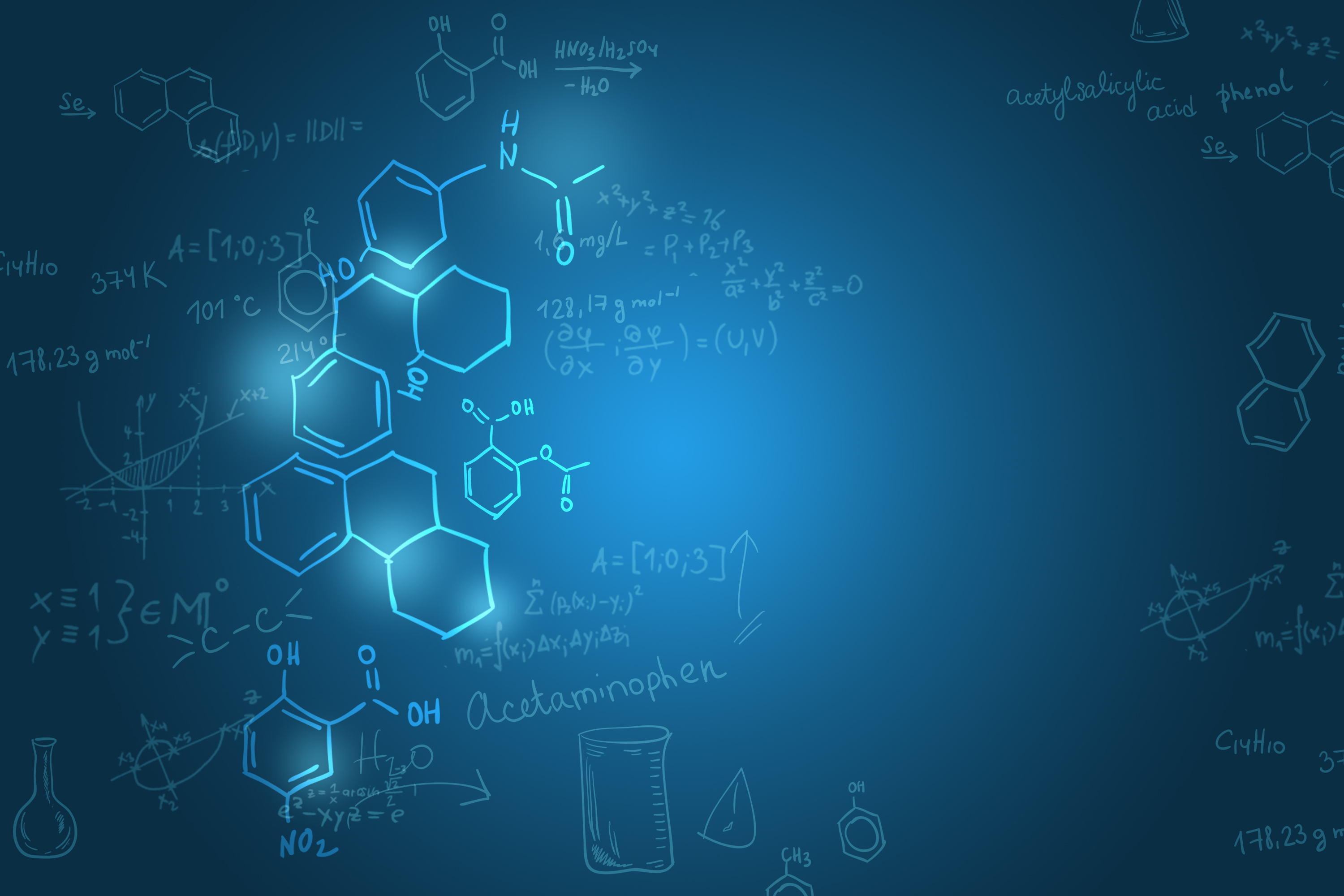

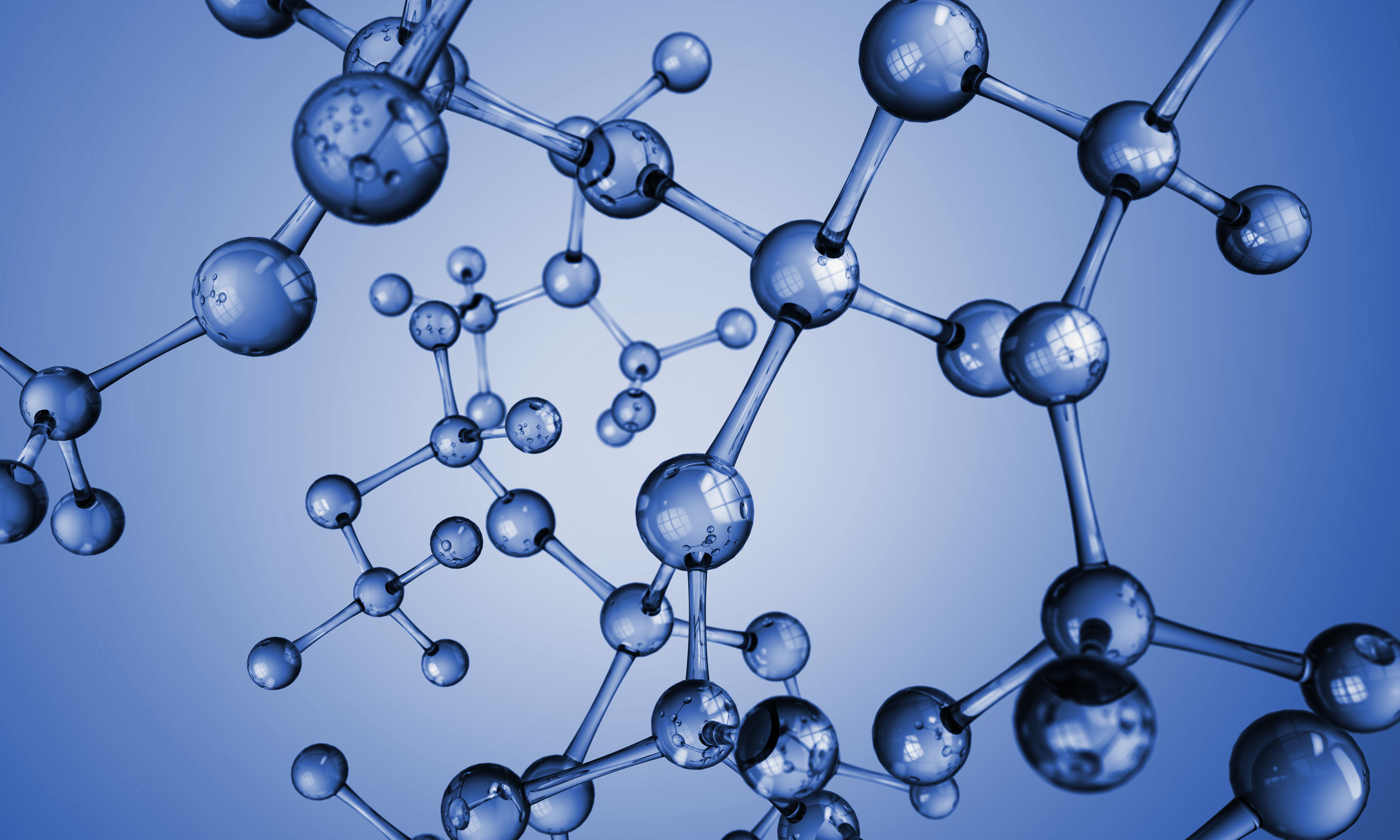










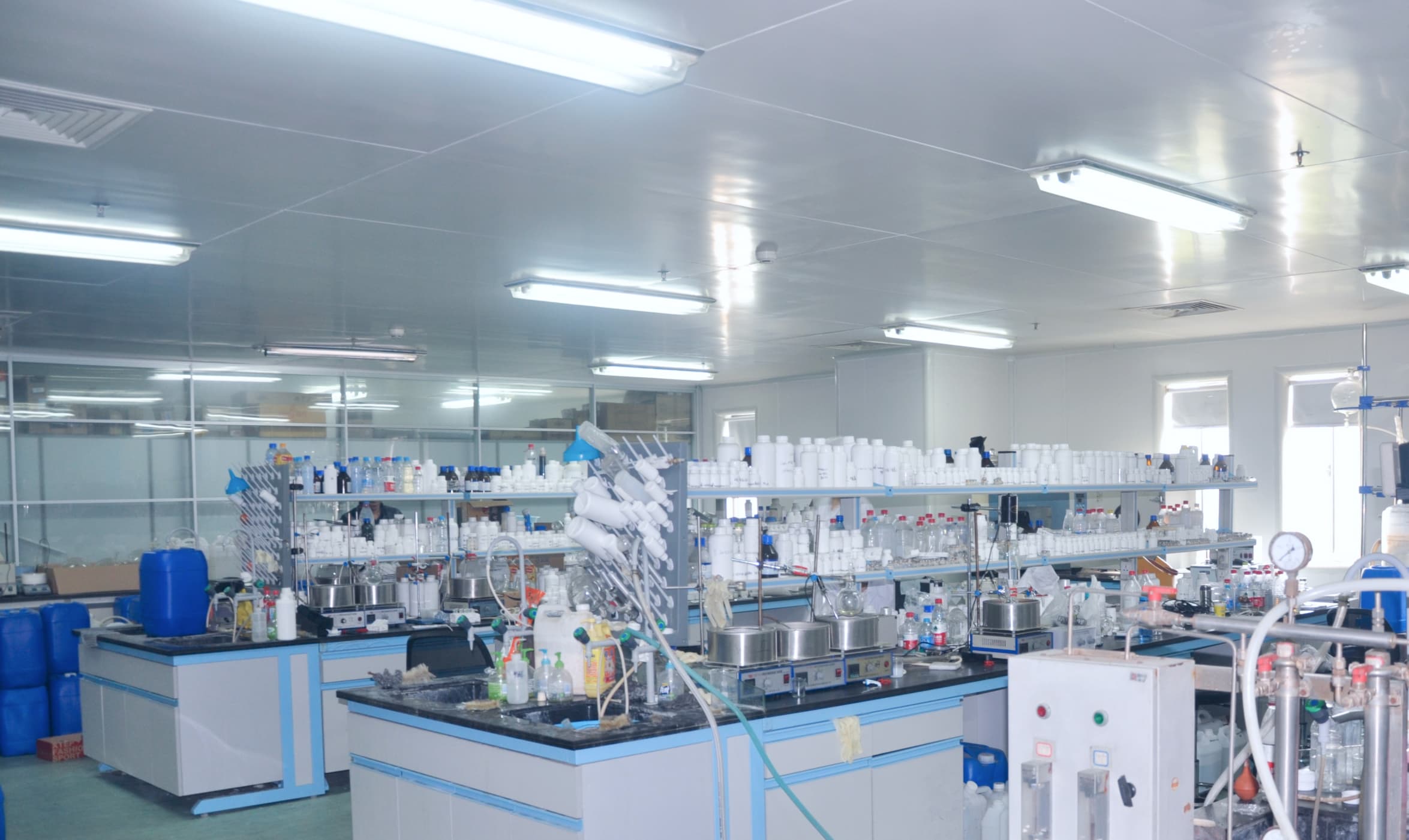


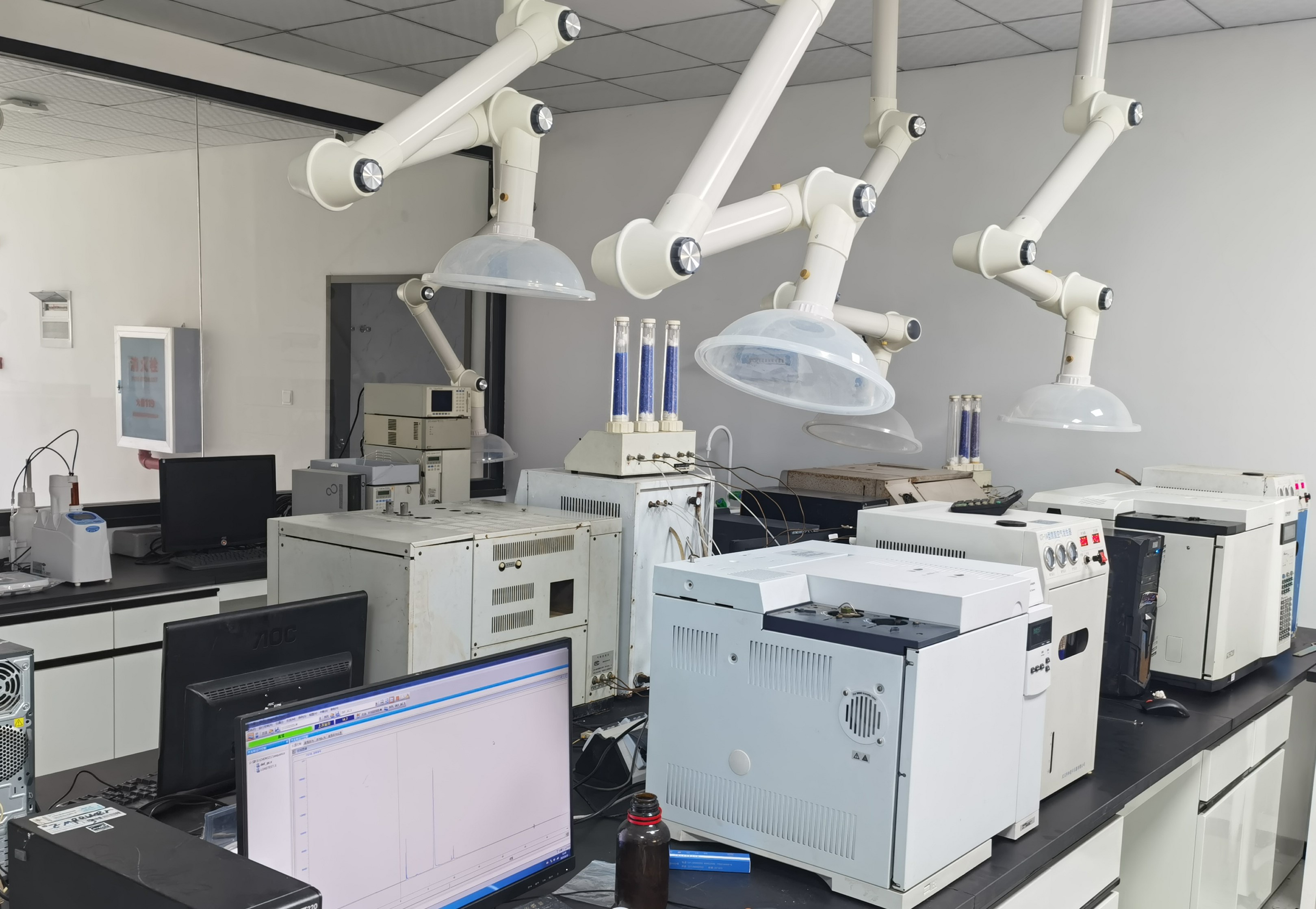
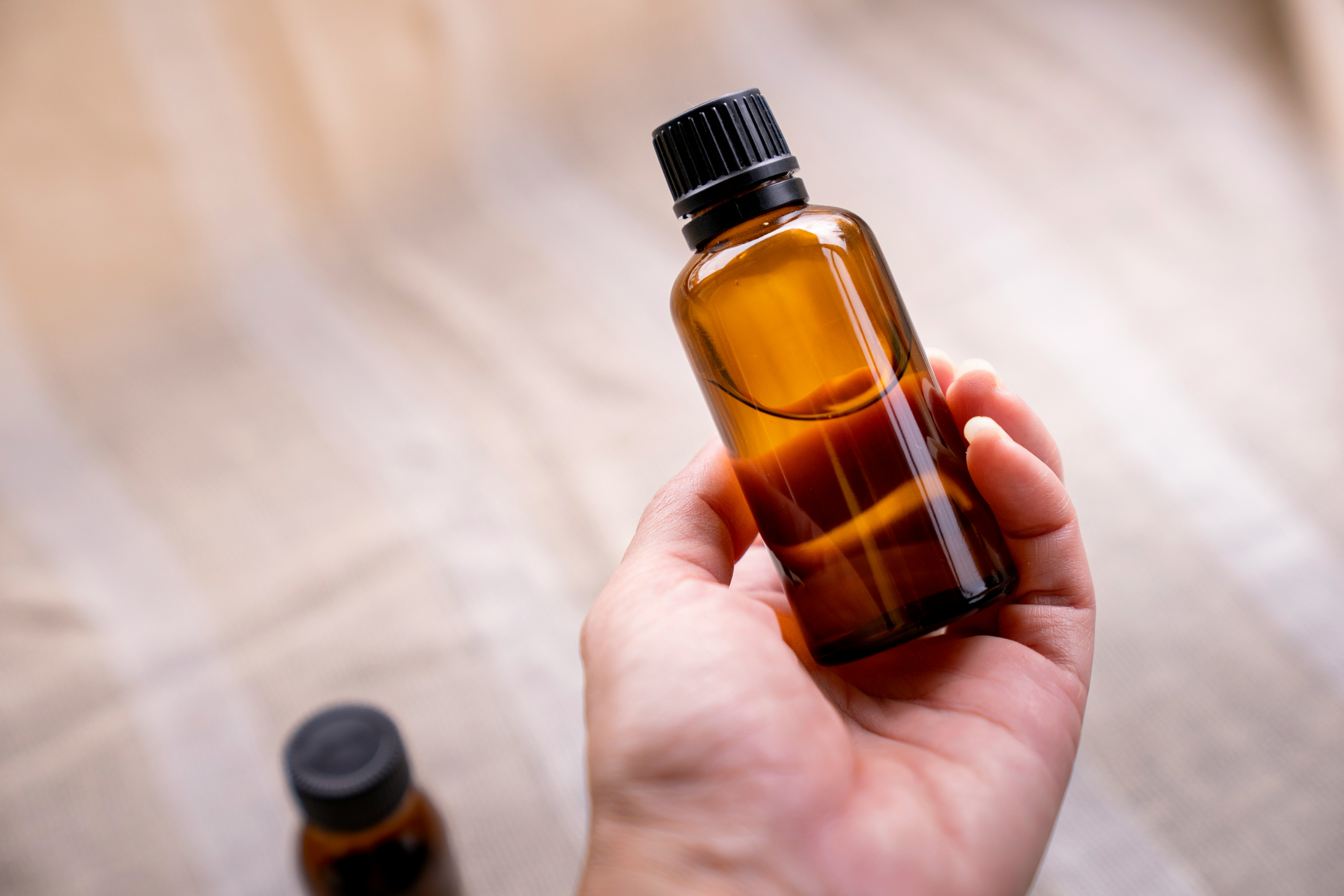
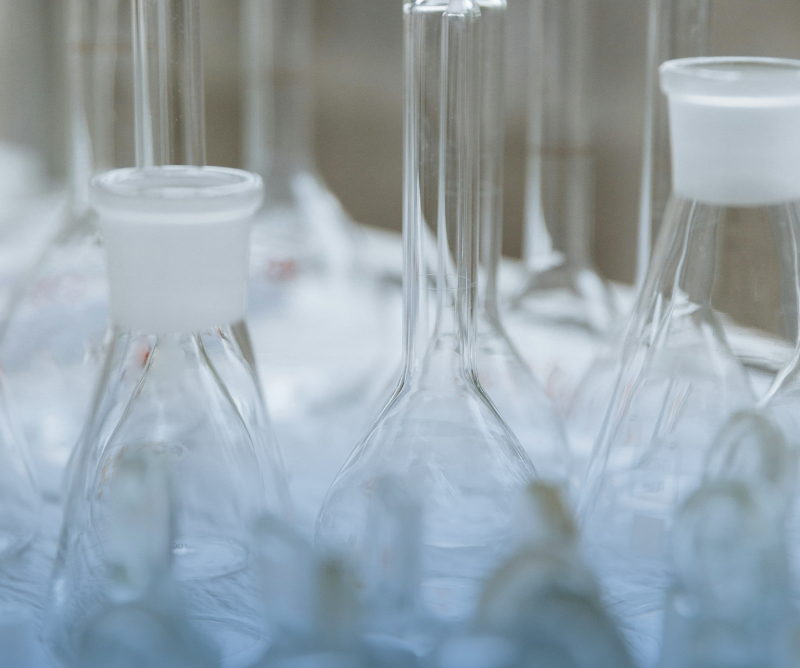

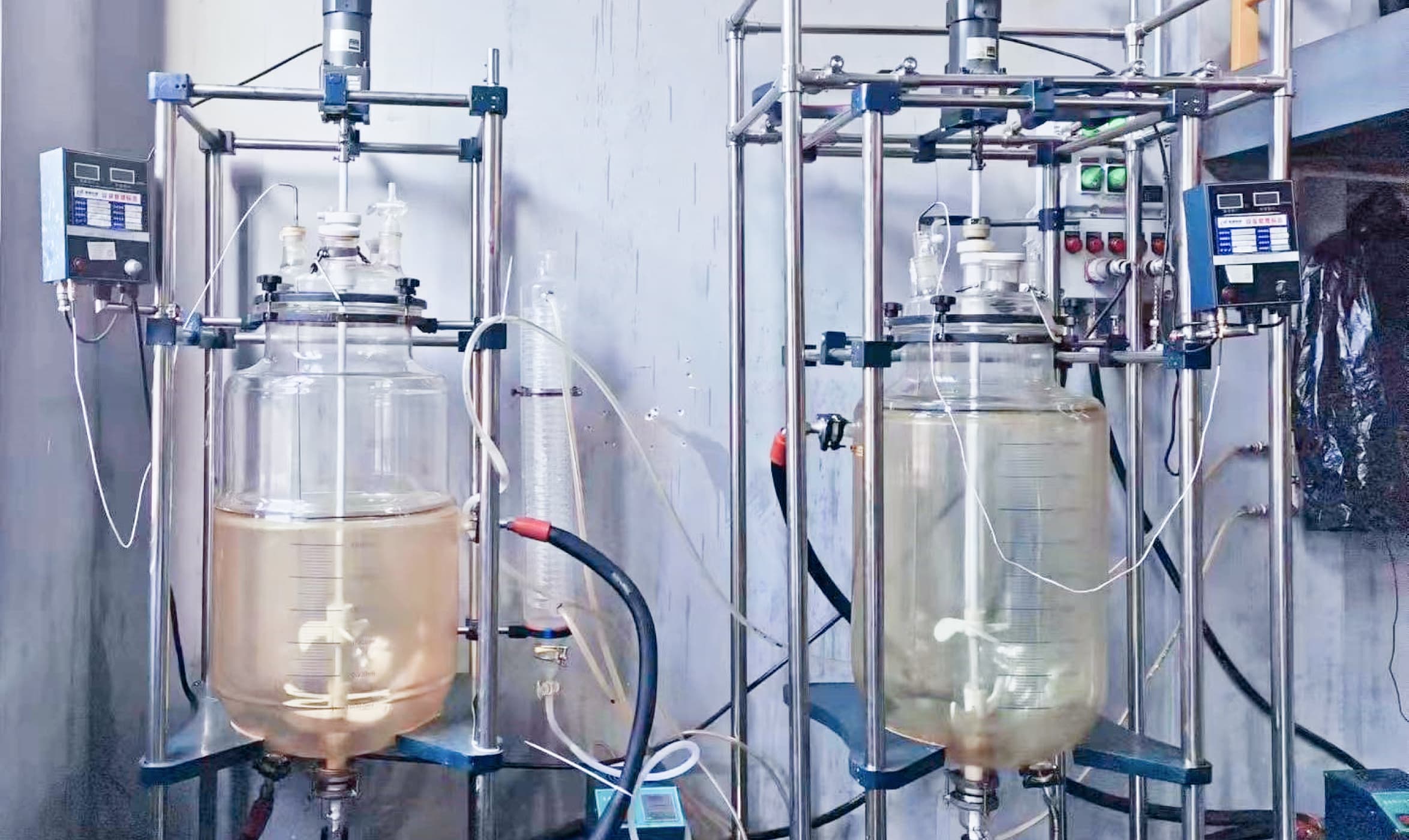
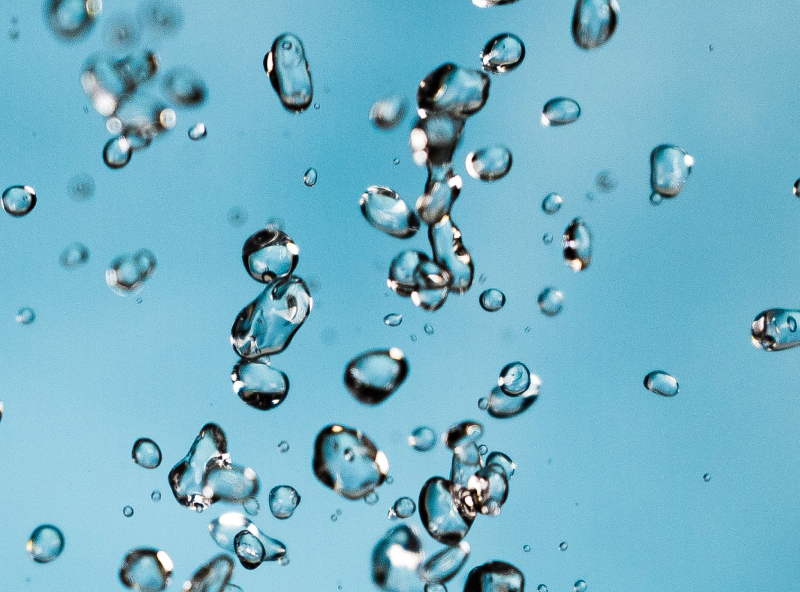


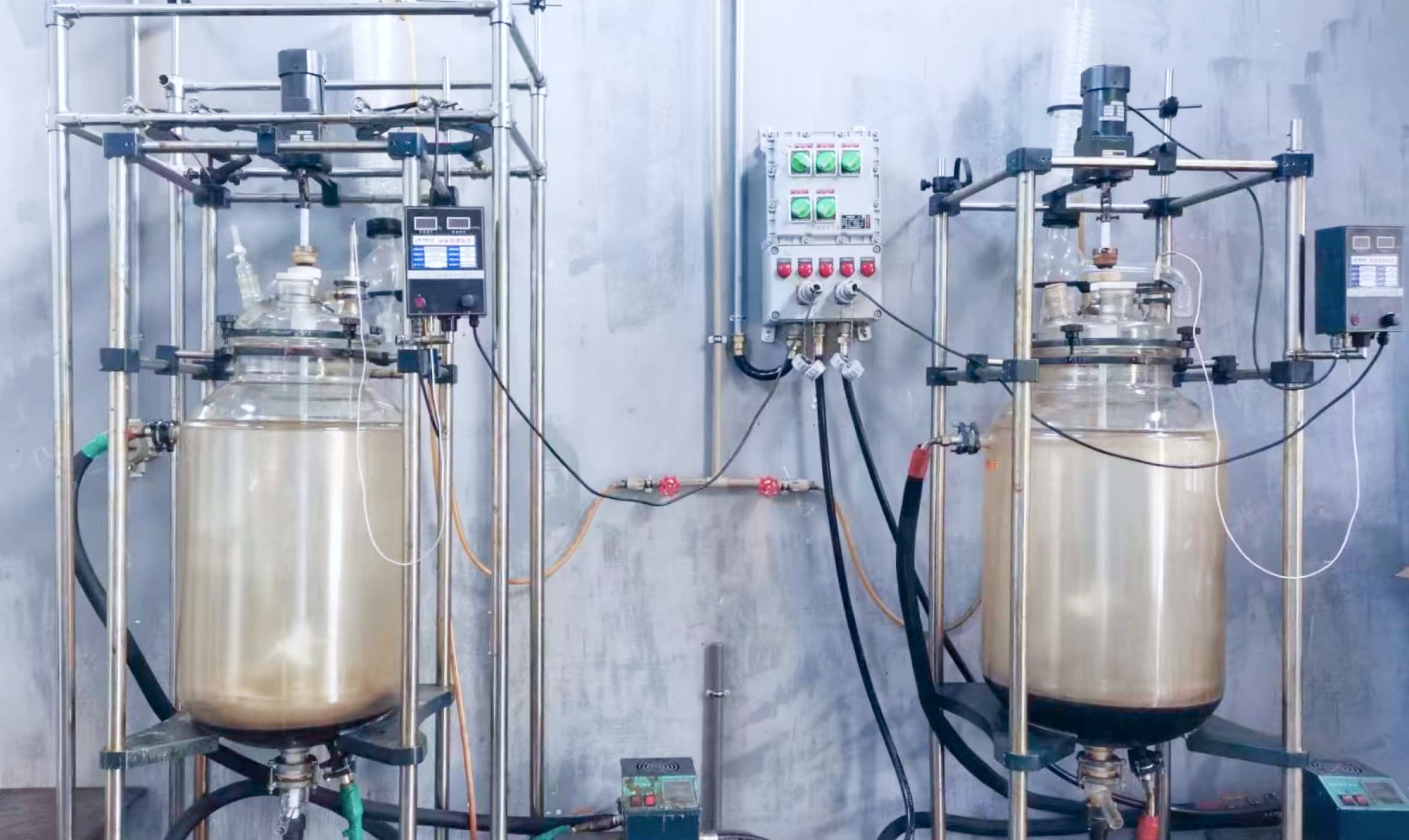
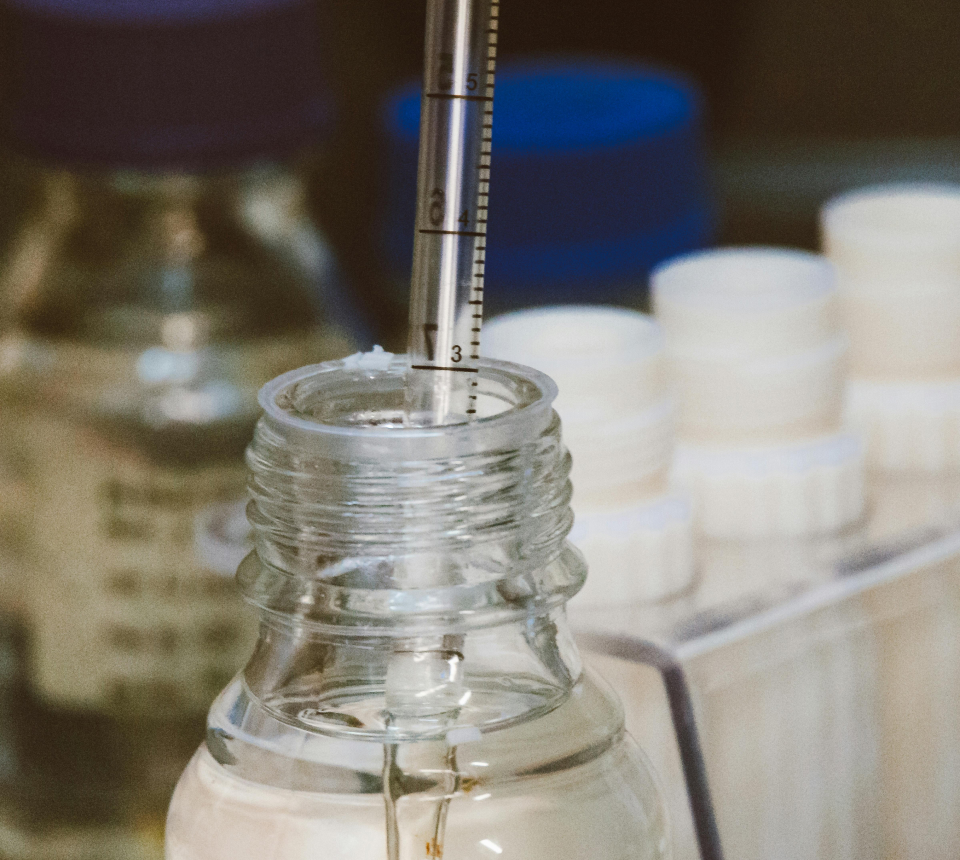





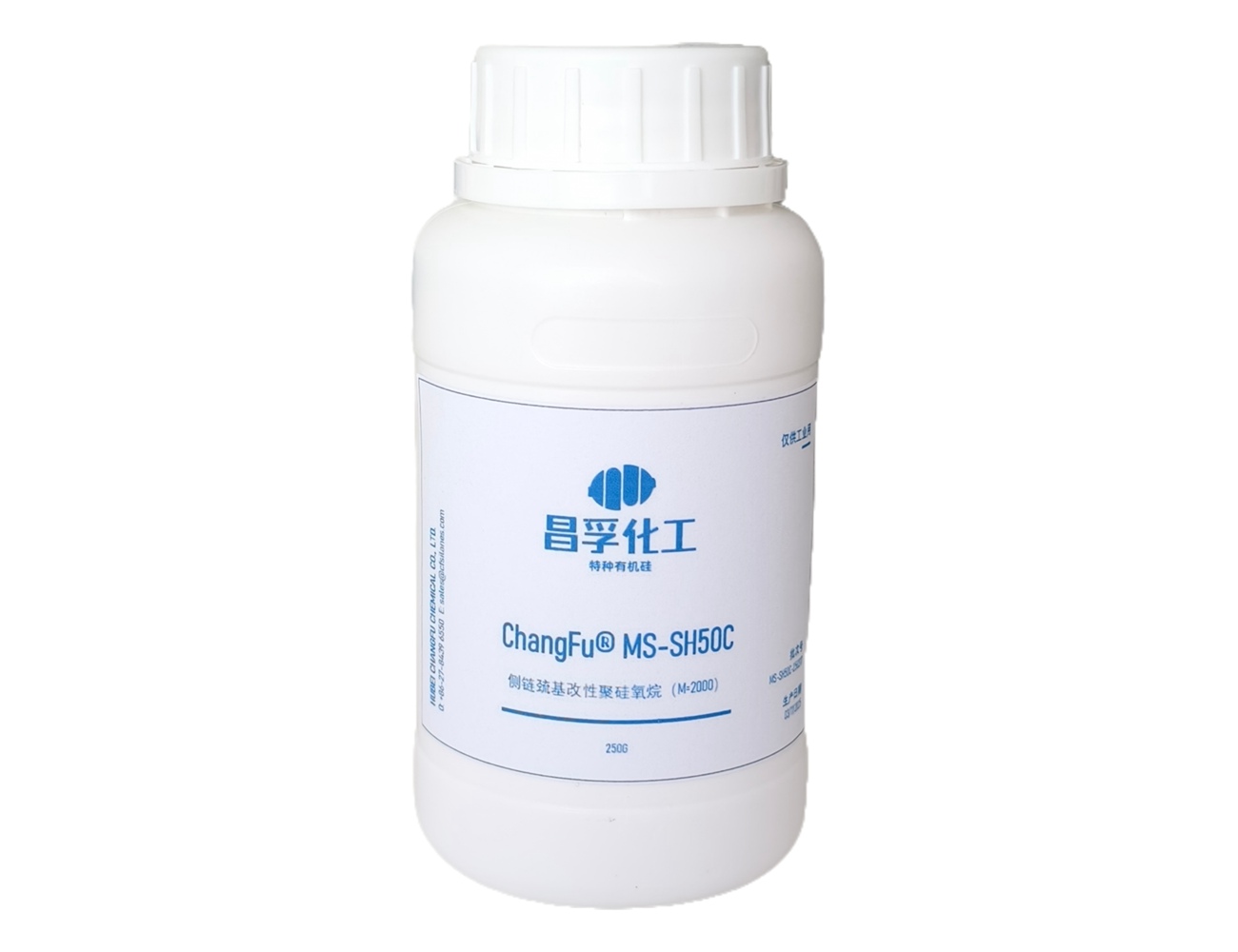



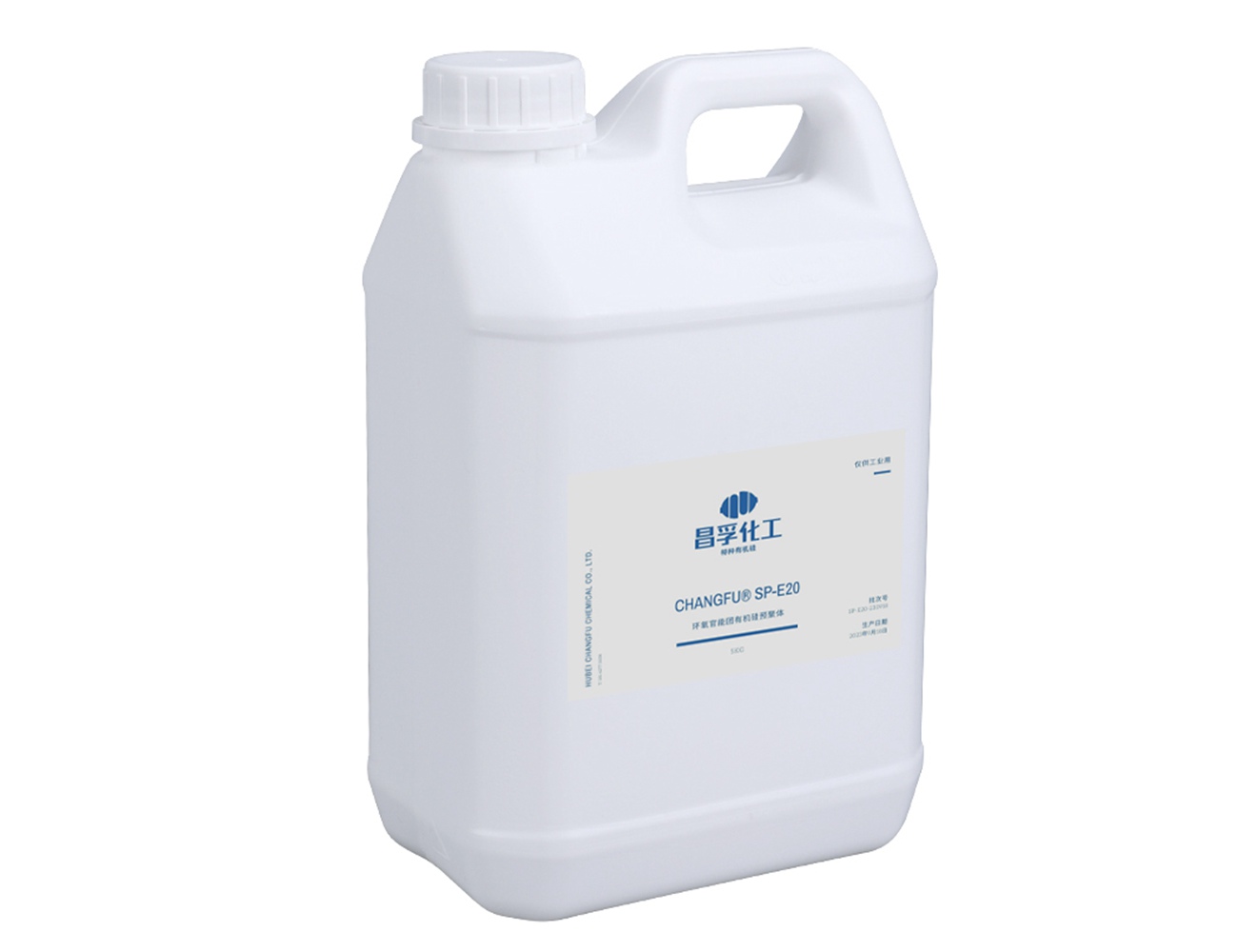
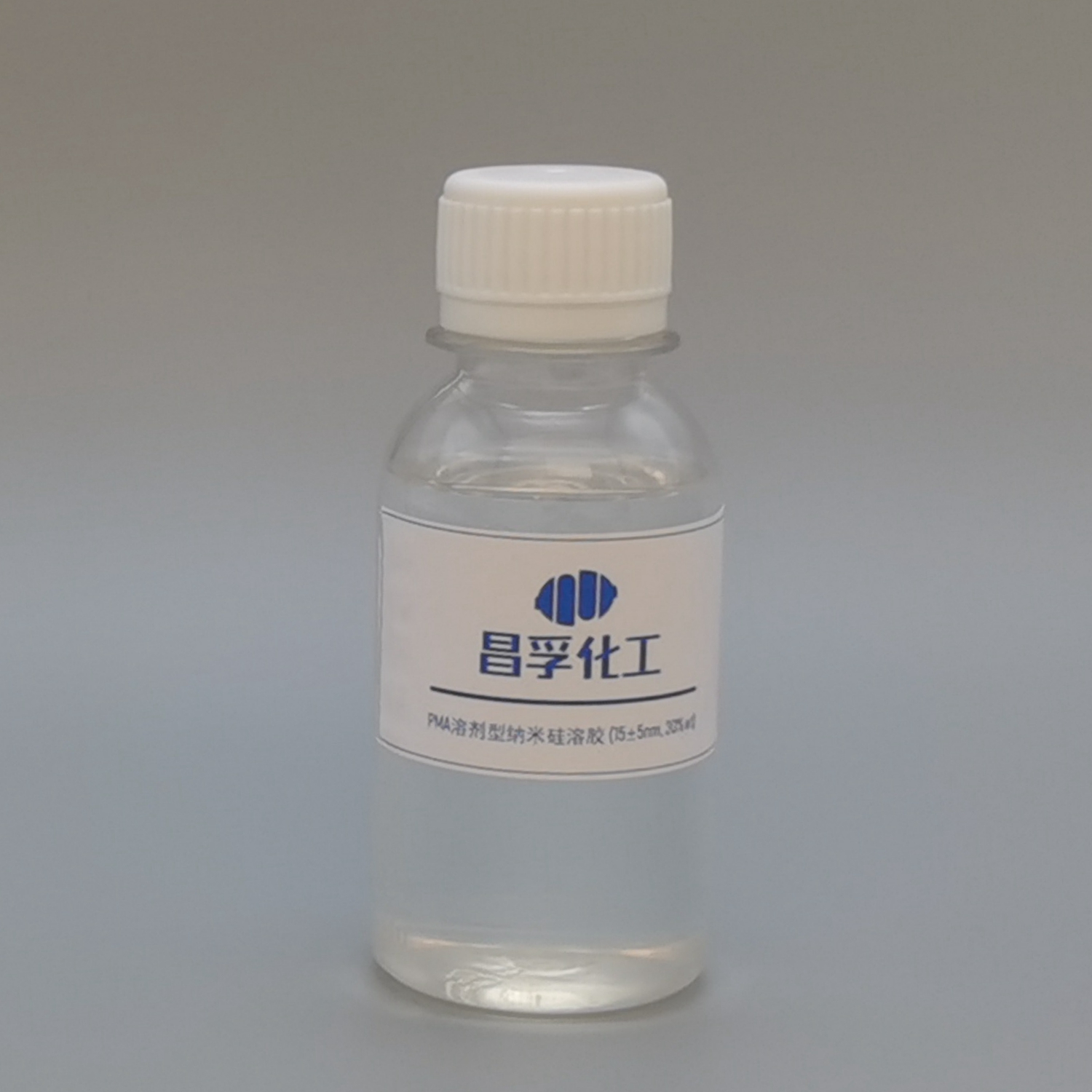
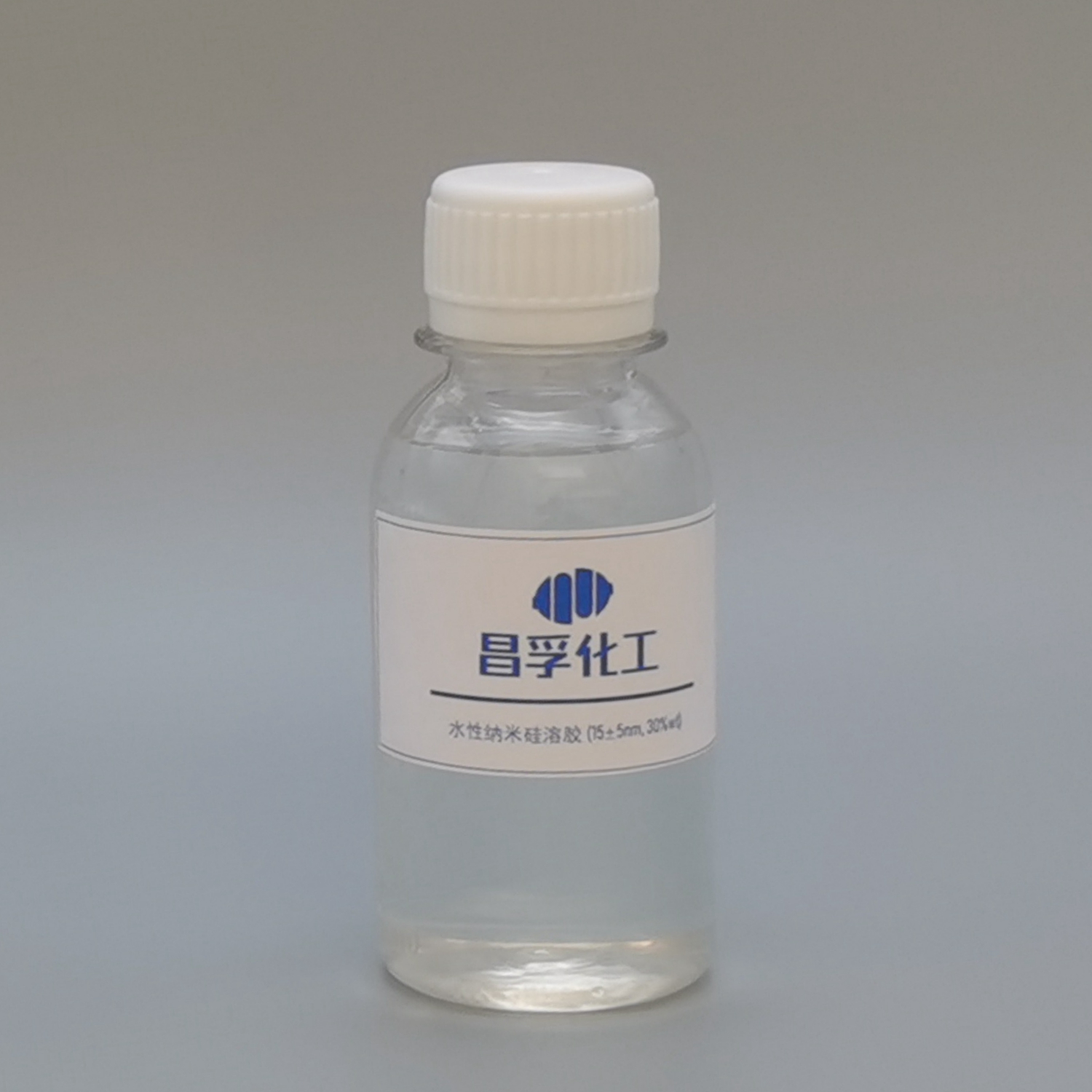

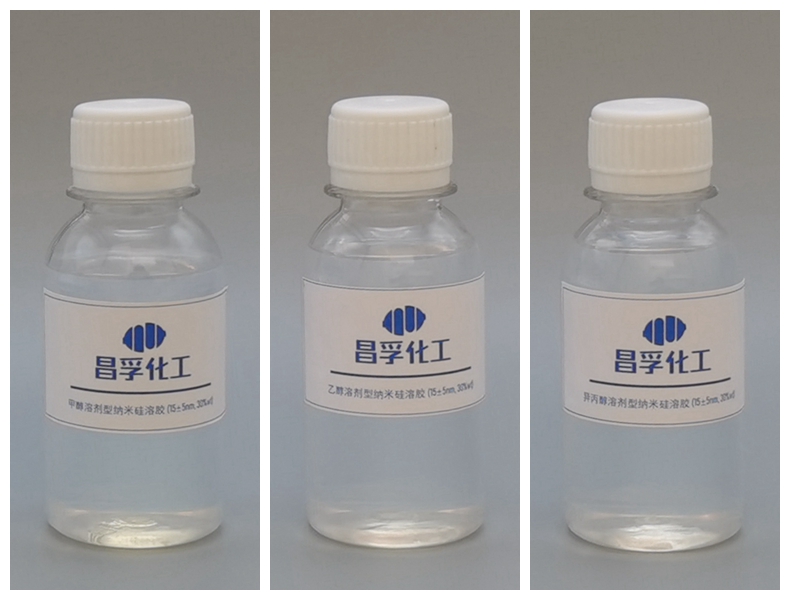
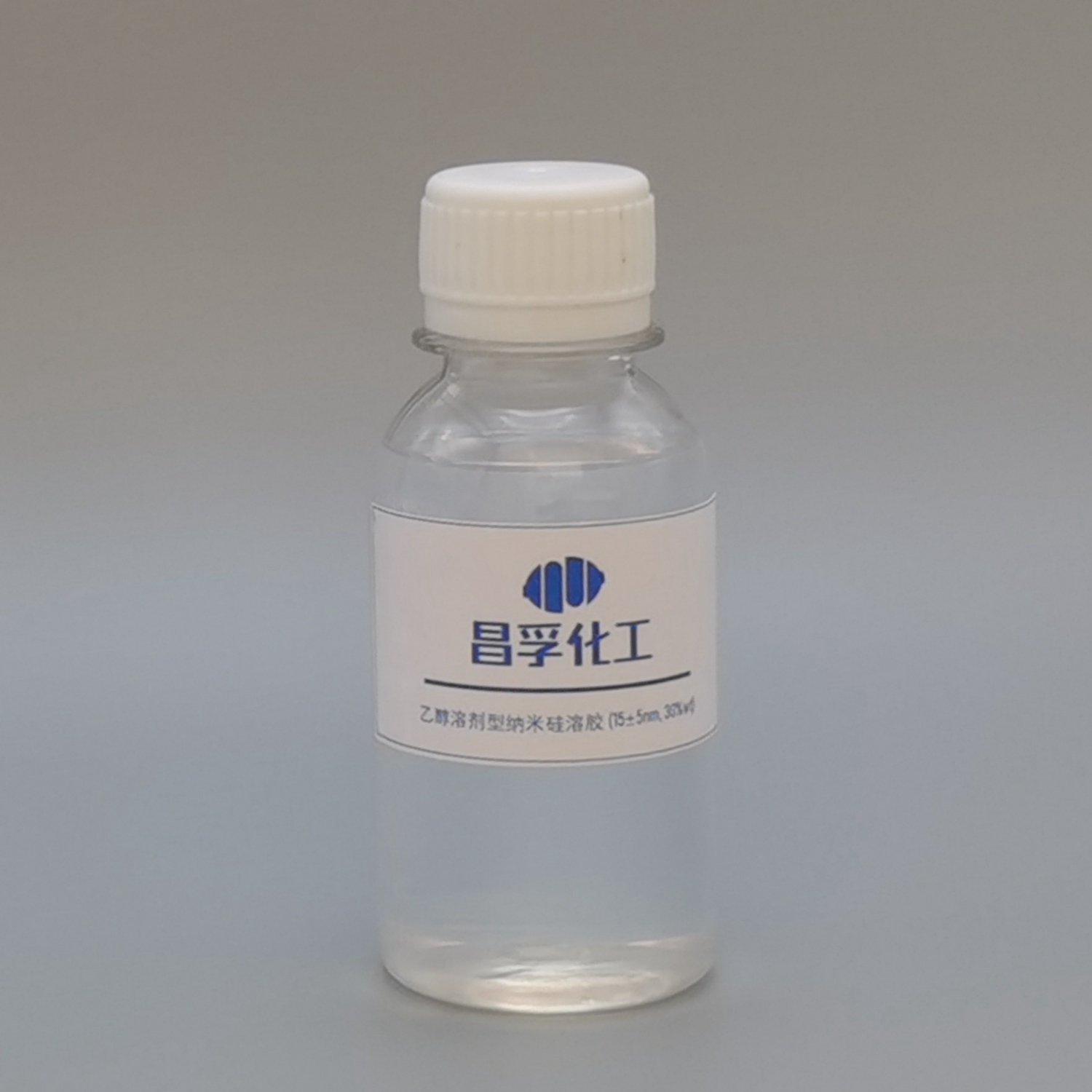
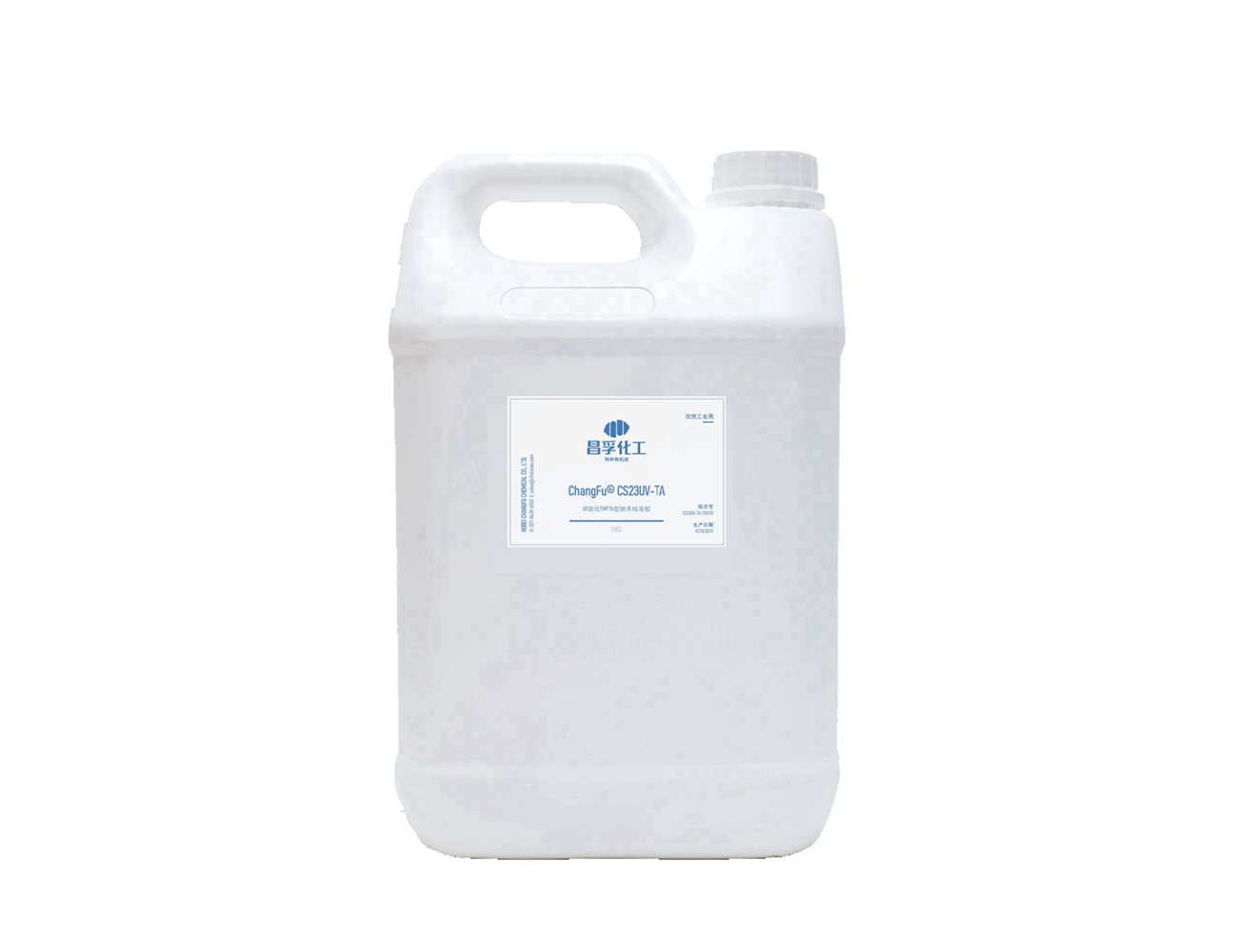
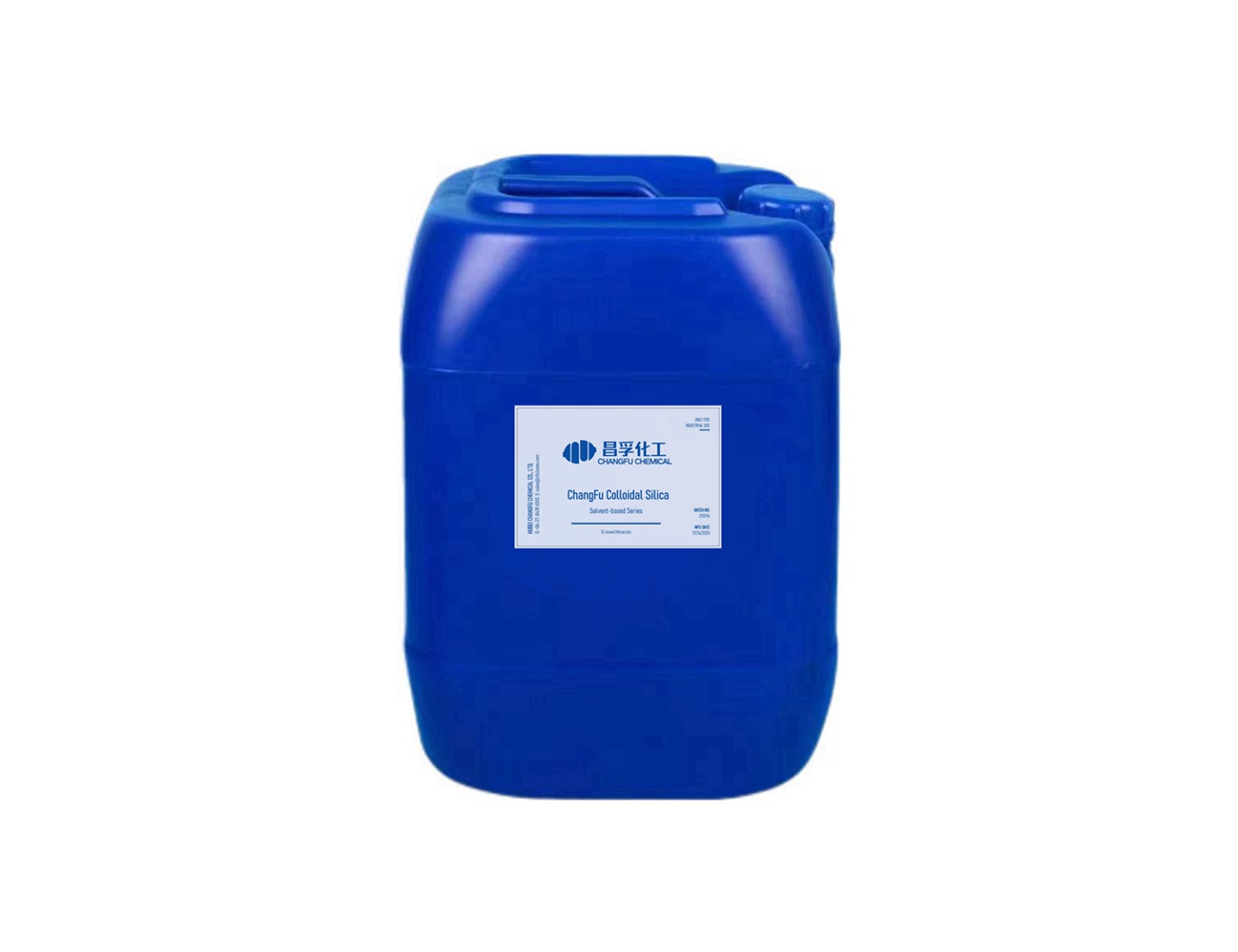


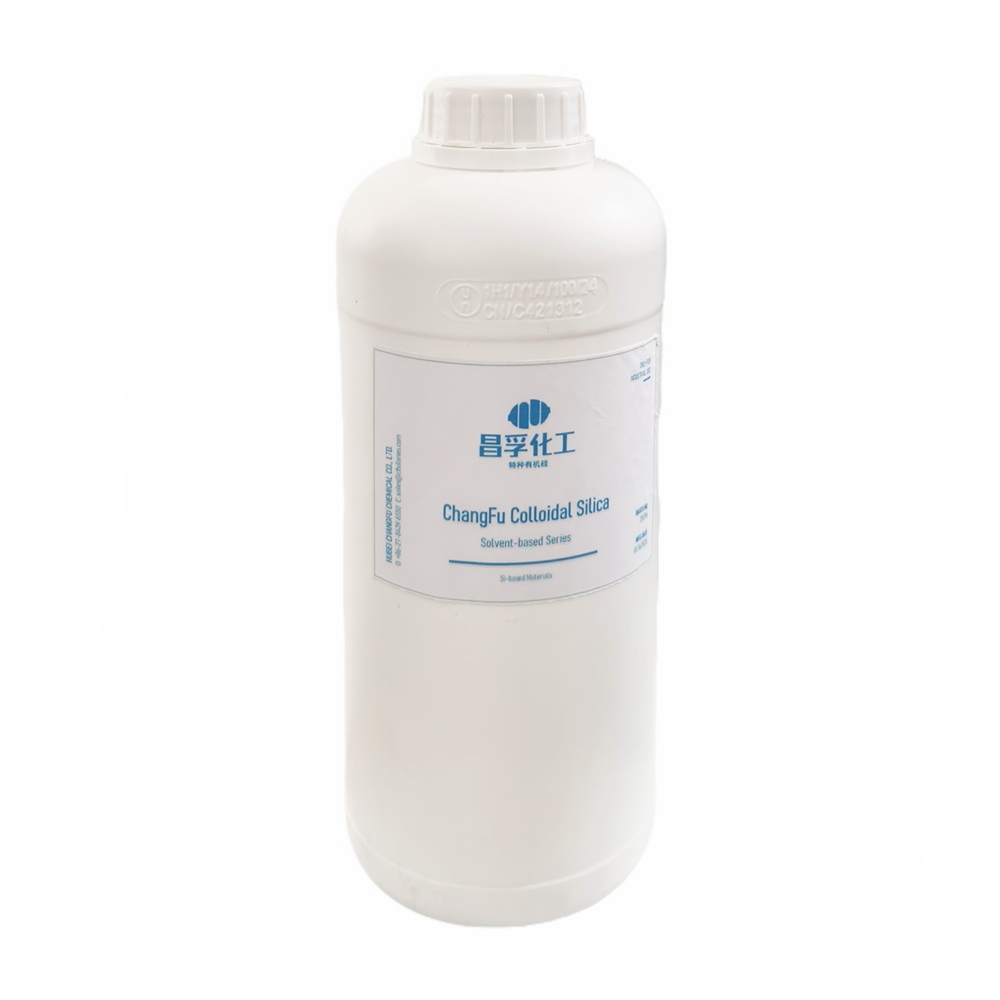


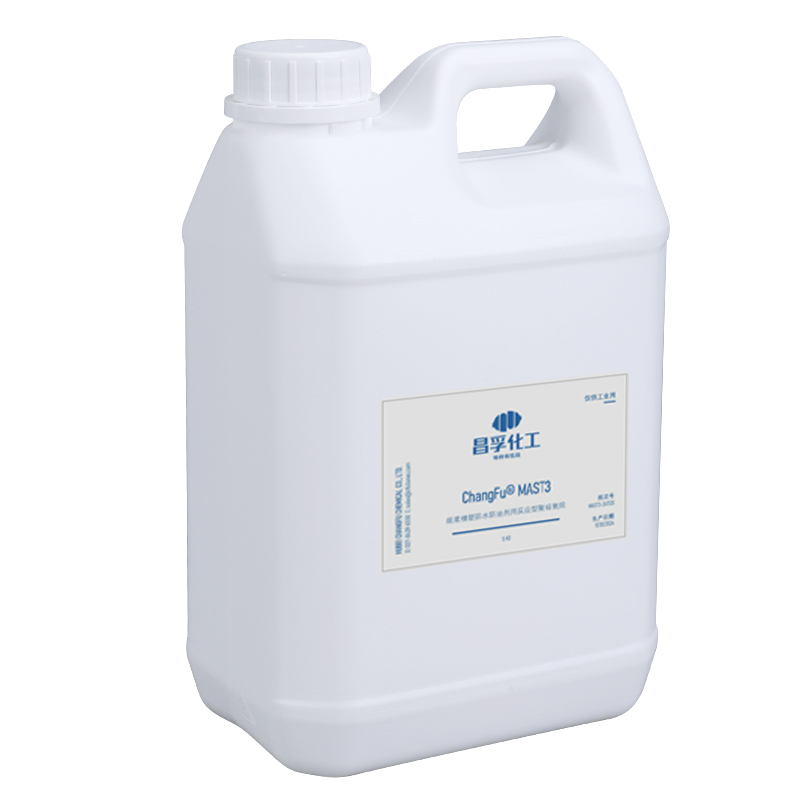












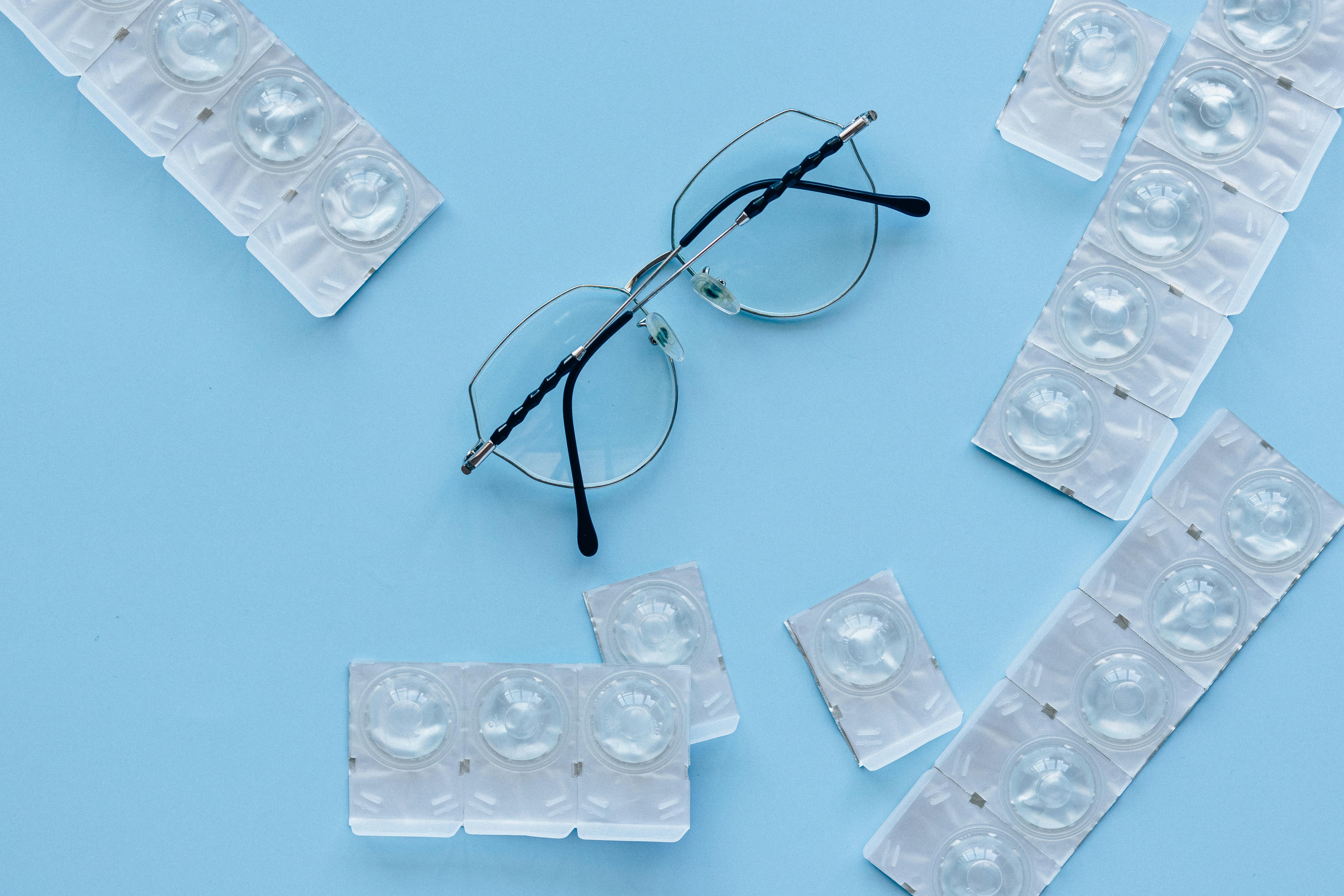

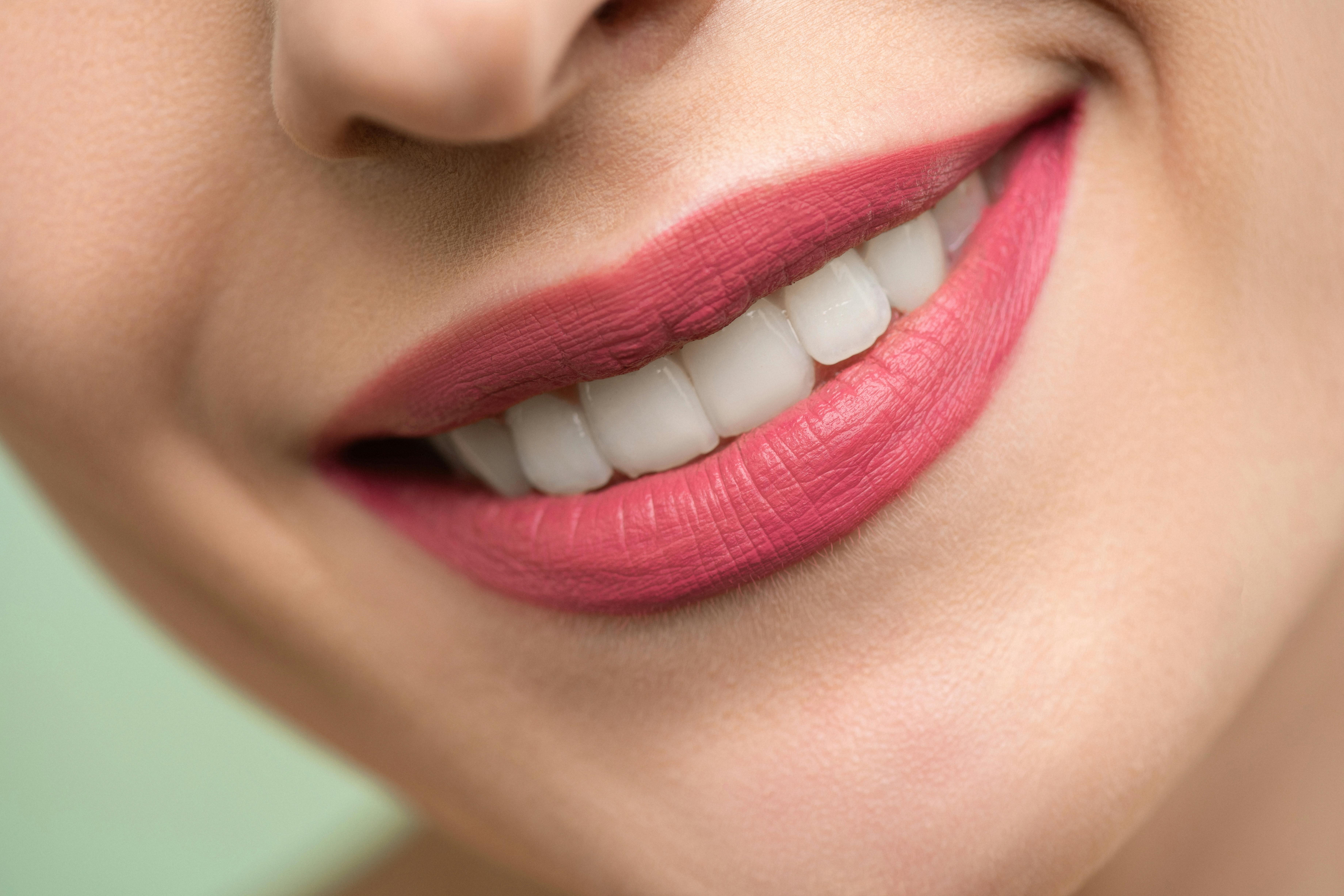






















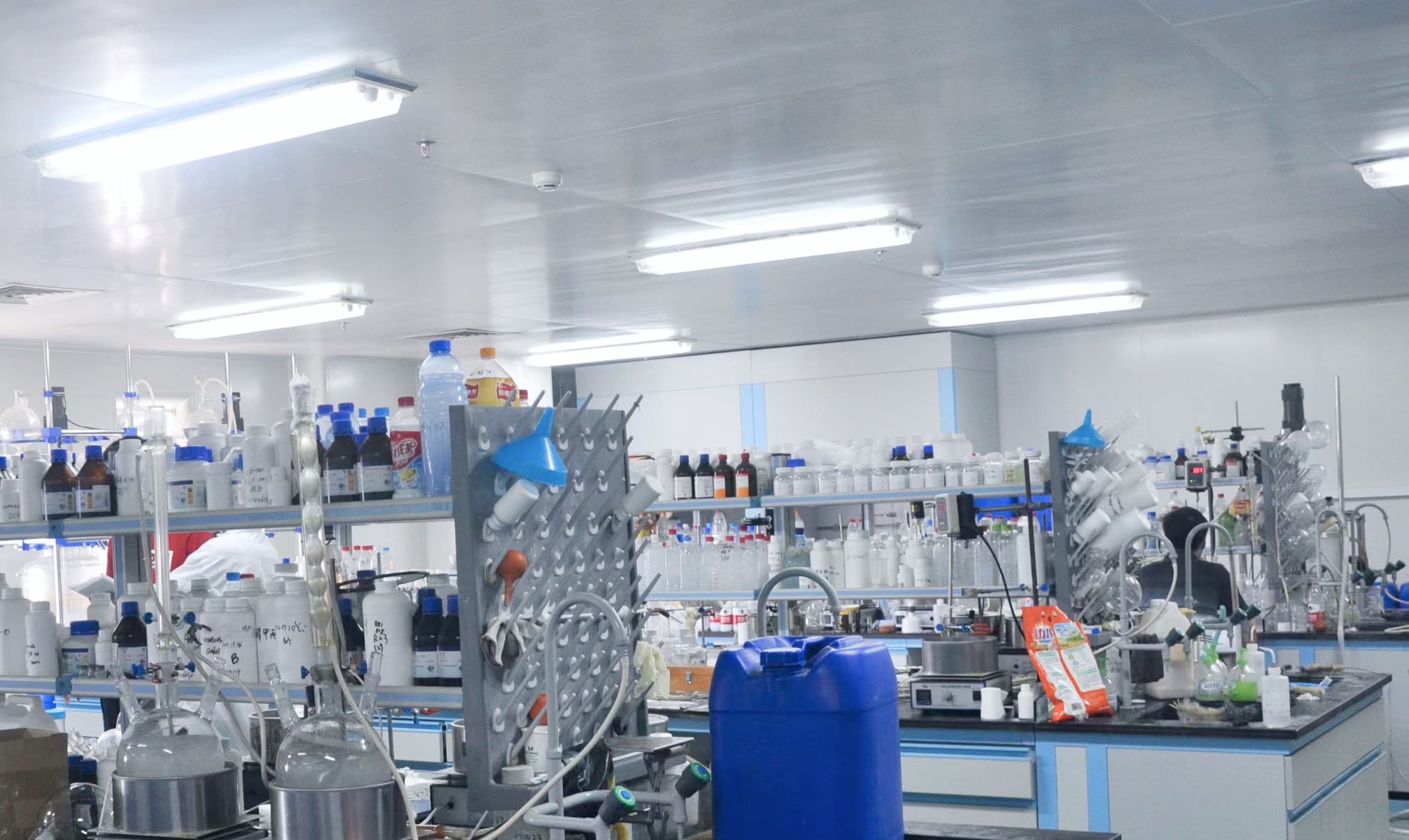

+86 27 8439 6550
+86 181 6277 0058
sales@cfsilanes.com
Optics Valley Bio-City
No. 666, Gaoxin Avenue
Hongshan District, Wuhan City

+86 27 8439 6550 | +86 181 6277 0058
sales@cfsilanes.com
Optics Valley Bio-City
No. 666, Gaoxin Avenue
Hongshan District, Wuhan City
Copyright © Hubei ChangFu Chemical Co., Ltd. All Rights



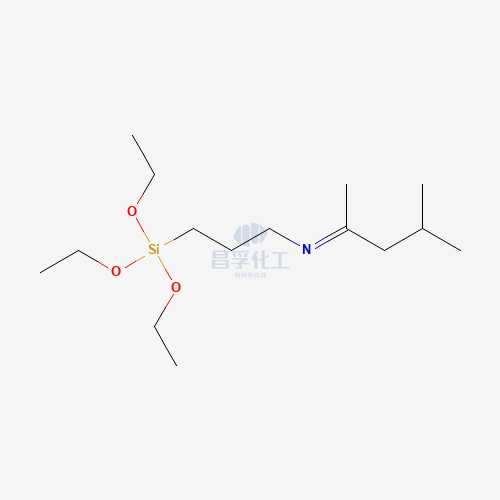
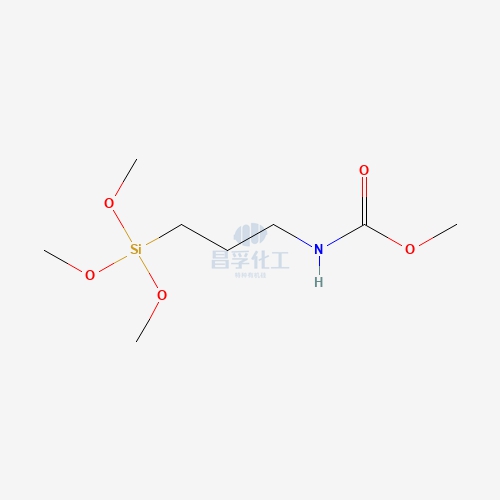
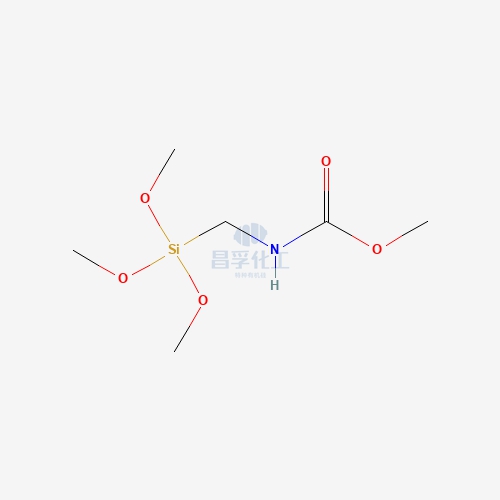
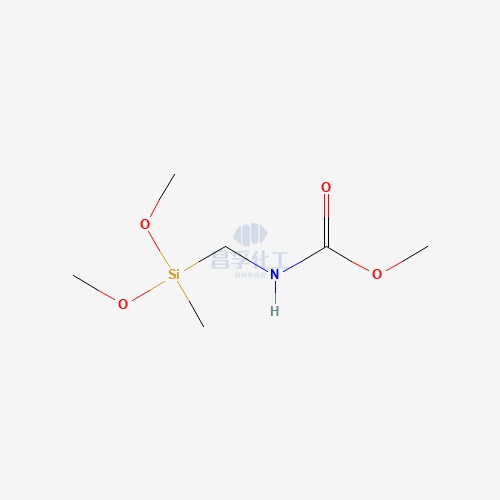
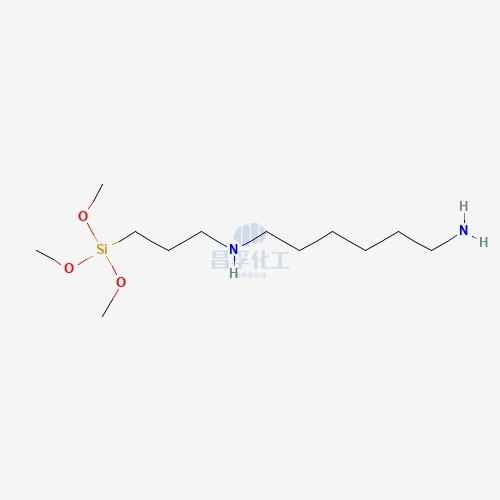
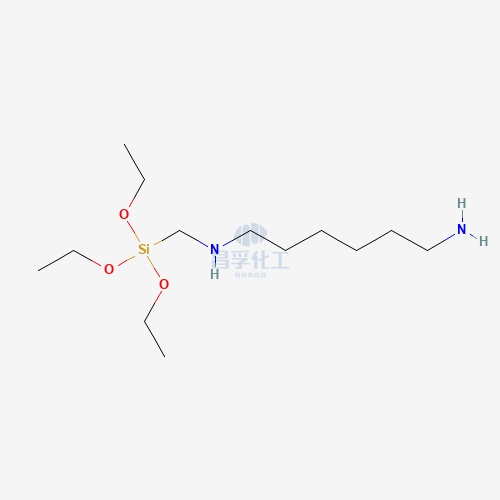
![N-[5-(Trimethoxysilylpropyl)-2-aza-1-oxopentyl]caprolactam CAS: 106996-32-1 106996 32 1 N-[5-(Trimethoxysilylpropyl)-2-aza-1-oxopentyl]caprolactam CAS: 106996-32-1 106996 32 1](https://cdn.yofishseo.com/1363882761272232/106996-32-1.jpg)
